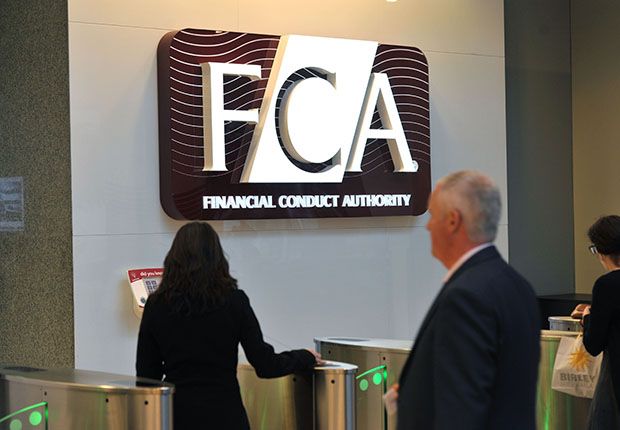
The FCA has proposed a ban on debt packagers from accepting referral fee, which it hopes will effectively shut down their business model.
Debt packagers are regulated providers of debt advice, which refer customers on to other providers offering debt management plans, individual voluntary arrangements (IVAs) and protected trust deeds (PTDs).
Packagers rely on income from referral fees paid by these other firms.
These fees can be many times higher when consumers are referred to an insolvency practitioner for an IVA or PTD rather than a debt management plan.
It means that debt packagers have a conflict of interest between giving advice in the customer’s best interest, and making a recommendation that earns them more money, the regulator warns.
Consumers who enter into an IVA or PTD that is not right for them can face serious consequences.
The regulator says that a consumer who is pushed into taking out an IVA when a debt relief order would have been more suitable, could end up paying an extra £4,710 and it might take them five years longer to become debt free.
FCA figures show that 29% of borrowers who have passed through a debt packager are recommended an IVA and 15% a debt management plan.
Around 1.7m people receive debt advice each year and of these approximately 54,000 start with a debt packager.
Packagers make 90% of their income by referring people on to companies offering debt management services or individual voluntary arrangements IVAs.
The FCA believes this business model puts consumers at risk of considerable harm from unsuitable debt advice.
It says it has seen evidence of debt packagers appearing to have manipulated customers’ details so that they meet the criteria for IVAs/PTDs, and used persuasive language to promote products without explaining the risks involved.
The FCA says its proposals would eliminate the current business model for these firms.
FCA executive director of consumers and competition Sheldon Mills says: “Debt advice needs to be good quality and meet the needs of consumers. “Too often people who contact debt packagers for help are being given advice that could cause them harm.
“This is unacceptable, especially as people seeking debt advice are often in vulnerable circumstances.
“Our proposals will address the inherent conflict of interest present in the debt packager business models.
“This will help protect consumers who need support managing their debts.”
Hargreaves Lansdown senior personal finance analyst Sarah Coles says: “The FCA is effectively shutting down part of the debt advice market, because it’s worried that vulnerable customers are getting ripped off.
“This would be a useful step to protect consumers who are far better off approaching a debt charity for free advice.
“In theory, debt packaging firms assess your problems, and then refer you on to either a debt management company or a firm offering IVAs, whichever is most suitable for your circumstances.
“However, they get an average of £930 for recommending an IVA and nothing for suggesting a debt relief order, giving them a financial incentive to favour this approach.
“The FCA is worried that some debt packager firms are pushing customers down the IVA route regardless of their needs, without fully explaining the risks.
“Some ignore the vulnerabilities of customers including mental health issues and economic abuse.
“And some have gone as far as manipulating information about income and spending, so borrowers meet the criteria.”
Coles adds: “The FCA isn’t worried about commercial firms which offer debt management services, and partially fund it with referrals.
“Not only do referrals make up less of these firm’s revenues, so there’s less of a conflict of interest, but they also have a commercial interest in these solutions working for the long term, so they’re less likely to recommend something with a higher chance of failure.
“As a result, it’s not banning referral fees for these companies.
“However, these companies will charge fees, which will add to the mountain of debt you already owe, and you don’t need to pay for advice.
“If you need help with your debts, your first port of call should be debt charities like StepChange and National Debtline, which will be able to explain all your options, and help you with whatever route you choose. “They have nothing at all to gain from pushing you one way or the other, so you can get free and impartial advice.”
The FCA’s consultation on the new rules runs until December 22.
If approved, it expects the ban could come into force in April 2022.



